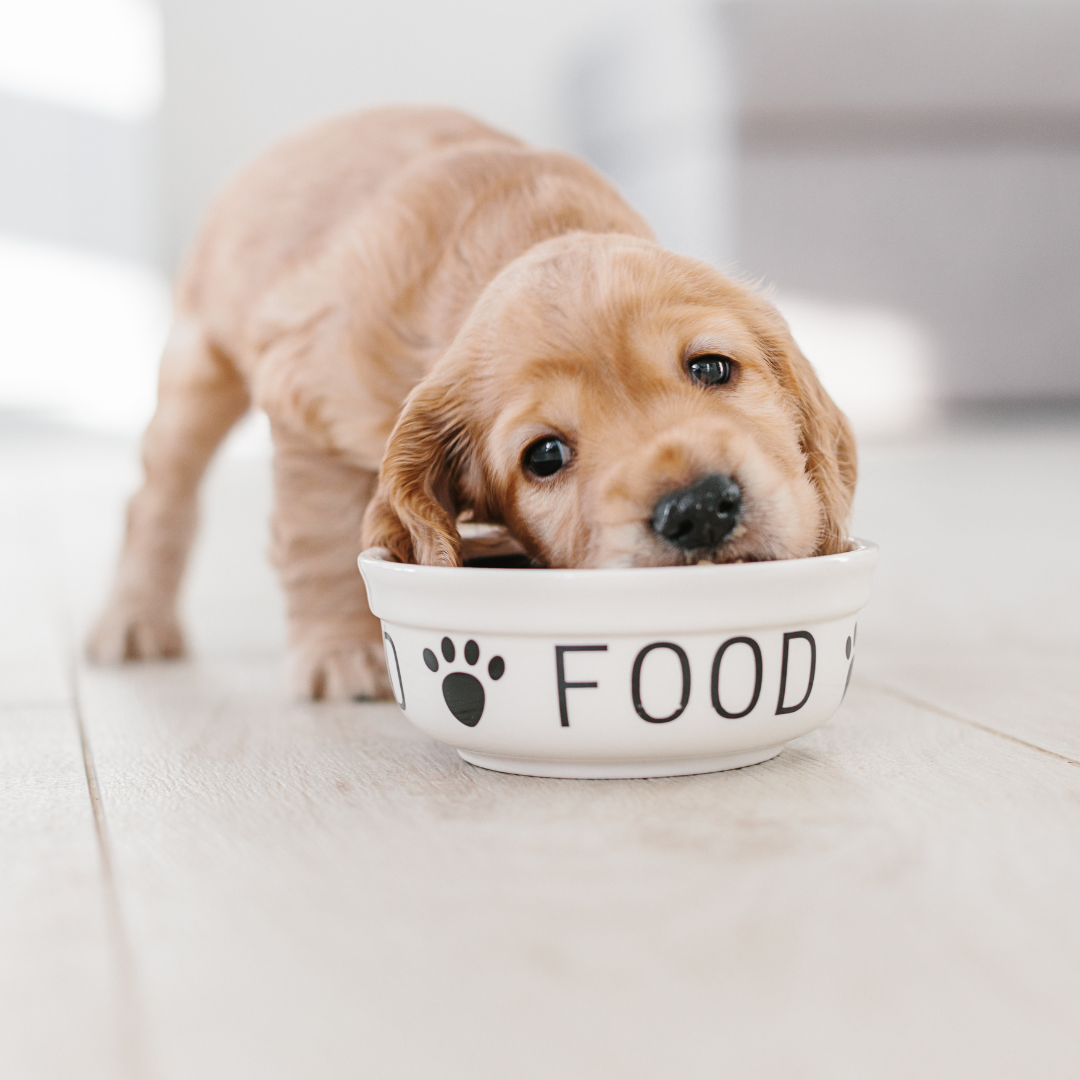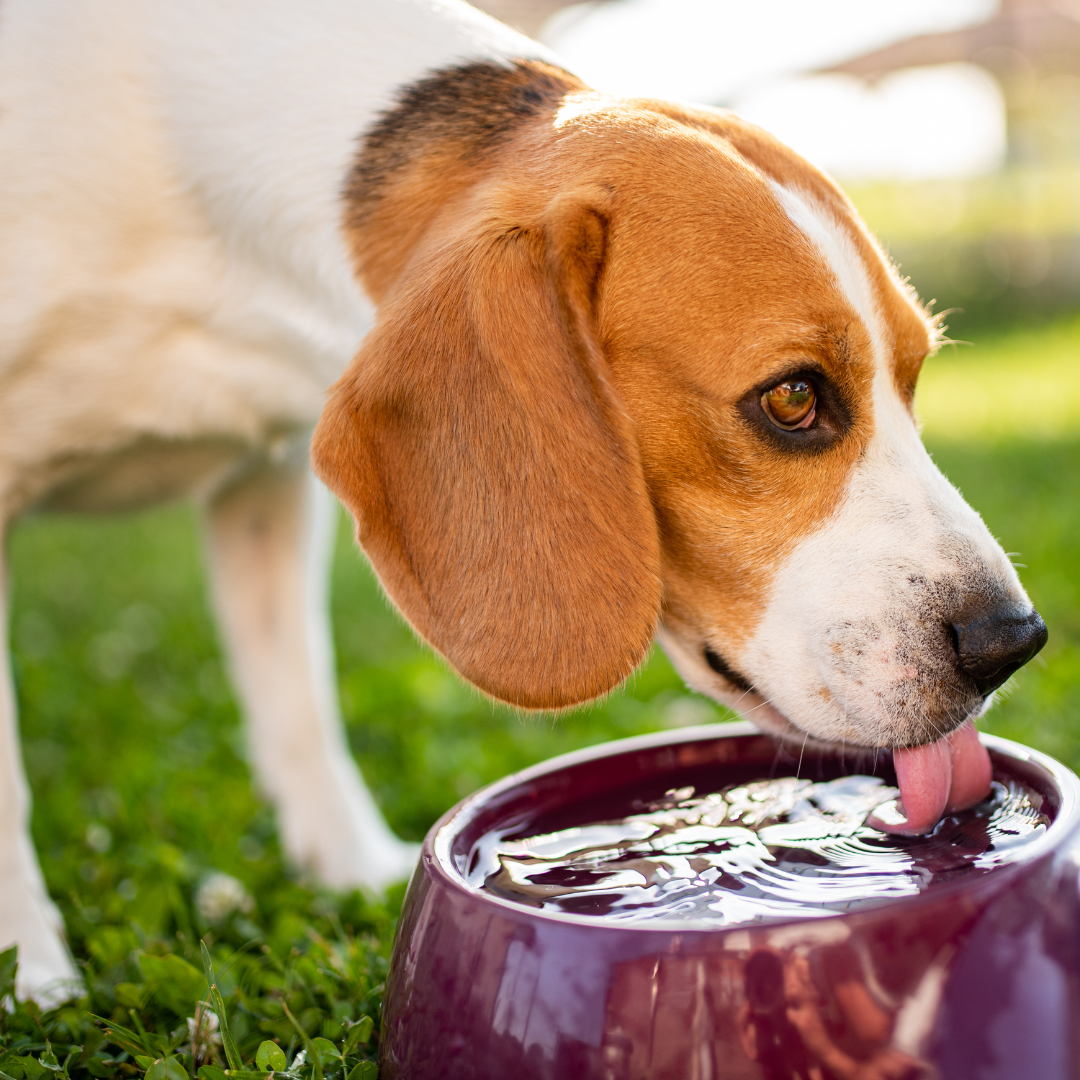
Unleashing Good Health: A Guide to Proper Dog Nutrition
Our furry companions deserve the best, and that includes a healthy diet.
Just like humans, proper nutrition is key to a dog's overall well-being.
It fuels their energy, keeps their fur shiny, and supports vital organs.
But with so many dog food options available, it can be overwhelming to choose the right one.
This guide will shed light on what your dog needs to thrive and provide a sample diet plan and schedule to get you started.
Understanding Your Dog's Nutritional Needs
Dogs are omnivores, meaning they require a balanced diet of protein, fats, carbohydrates, vitamins, minerals, and water. The specific proportions of these nutrients will vary depending on your dog's age, breed, activity level, and overall health.
- Protein: Essential for building and repairing tissues, protein is a crucial component for puppies, pregnant or nursing mothers, and active dogs.
- Fats: Provide energy and support healthy skin and coat. Look for omega-3 and omega-6 fatty acids for additional benefits.
- Carbohydrates: Give your dog readily available energy. Complex carbohydrates are preferred over simple sugars.
- Vitamins and Minerals: Work together to ensure proper body function, digestion, and immunity.
Remember: Water is vital! Keep fresh, clean water available for your dog at all times.
Choosing the Right Food
Commercial Dog Food: A convenient and generally well-balanced option. Look for reputable brands that prioritize whole food ingredients and meet the AAFCO (Association of American Feed Control Officials) guidelines for your dog's life stage.
Homemade Diets: While offering more control over ingredients, it requires careful planning to ensure your dog receives all the necessary nutrients.
Consult with a veterinarian before starting your dog on a homemade diet.
Sample Diet Plan and Schedule
This is a general guideline. Always consult your veterinarian for specific recommendations.
|
Age |
Number of Meals per Day |
Sample Diet |
|
Puppy (up to 1 year) |
3-4 meals |
Puppies need smaller, more frequent meals. Choose a puppy-specific food formulated for growth. |
|
Adult (1-7 years) |
2 meals |
High-quality adult dog food based on your dog's activity level. |
|
Senior (7+ years) |
1-2 meals |
Senior dog food that addresses potential age-related health concerns. |
Schedule:
- Divide your dog's daily food portion into the recommended number of meals.
- Feed your dog at consistent times throughout the day.
- Avoid feeding right before or after exercise.
Treats: Treats should be occasional and make up less than 10% of your dog's daily calories. Opt for healthy options like fruits, vegetables, or dehydrated meats.
Remember:
- Monitor your dog's weight and adjust portion sizes as needed.
- If you notice any changes in your dog's appetite or digestion, consult your veterinarian.
By providing your dog with a nutritious diet, you're investing in their long-term health and happiness. With a little research and guidance from your vet, you can create a personalized meal plan that keeps your furry friend tail-wagging for years to come!



Leave a comment
This site is protected by hCaptcha and the hCaptcha Privacy Policy and Terms of Service apply.